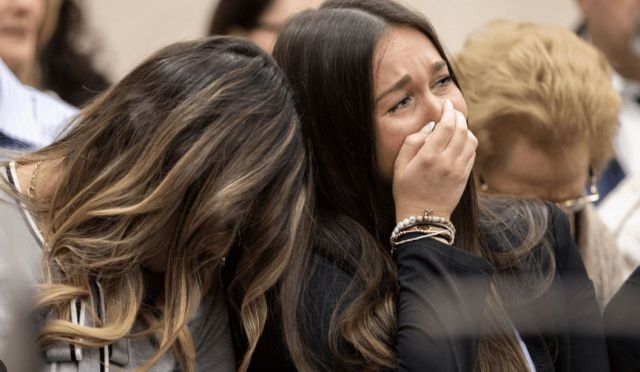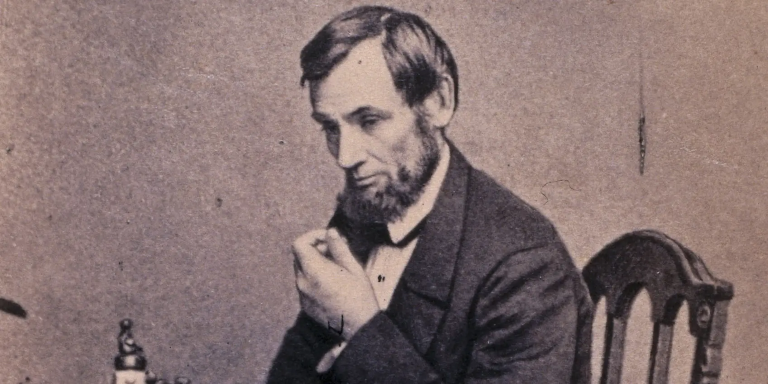🅷🅸🆂🆃🅾🆁🆈
Legend holds that on November 21, 1864, President Abraham Lincoln composes a letter to Lydia Bixby, a widow and mother of five men who had been killed in the Civil War. A copy of the letter was then published in the Boston Evening Transcript on November 25 and signed “Abraham Lincoln.” The original letter has never been found.
The letter expressed condolences to Mrs. Bixby on the death of her five sons, who had fought to preserve the Union in the Civil War. The author regrets how “weak and fruitless must be any words of mine which should attempt to beguile you from the grief of a loss so overwhelming.” He continued with a prayer that “our Heavenly Father may assuage the anguish of your bereavement [and leave you] the cherished memory of the loved and lost, and the solemn pride that must be yours, to have laid so costly a sacrifice upon the altar of Freedom.”
🅷🅸🆂🆃🅾🆁🆈
Legend holds that on November 21, 1864, President Abraham Lincoln composes a letter to Lydia Bixby, a widow and mother of five men who had been killed in the Civil War. A copy of the letter was then published in the Boston Evening Transcript on November 25 and signed “Abraham Lincoln.” The original letter has never been found.
The letter expressed condolences to Mrs. Bixby on the death of her five sons, who had fought to preserve the Union in the Civil War. The author regrets how “weak and fruitless must be any words of mine which should attempt to beguile you from the grief of a loss so overwhelming.” He continued with a prayer that “our Heavenly Father may assuage the anguish of your bereavement [and leave you] the cherished memory of the loved and lost, and the solemn pride that must be yours, to have laid so costly a sacrifice upon the altar of Freedom.”

















